Partnership Disputes
Partnership Disputes
Partnership Disputes
Partnership disputes arise where the partners of a business fall out or have a difference of opinion. For example, partnership disputes may arise as a result of the way in which the business is being run. Alternatively, partnership disputes can arise as a result of ill feeling, due to the poor performance of one or more of the partners. For instance, as a result of one or more of the partners not pulling their weight. Similarly, partnership disputes can also arise where a difference of opinion occurs. For instance, over the direction of the business or how an opportunity should be advanced, or an issue resolved.
Either way partnership disputes can be costly both in terms of time and money. This can especially be the case, if it is unclear what the partners intentions were from the outset. For example, where one partner has failed to honour their obligations.
Likewise, partnership disputes can often involve a very long and drawn-out process. Therefore, it is ideal at the start of a partnership to ensure that the intentions of how the business is to operate are set out in writing from the outset. For example documented in a partnership agreement. Furthermore, when entering into a partnership agreement, you can also include provision as to how a partnership dispute is to be dealt with, should one arise in the future.
What is a Partnership?
A partnership is created where one or more people join together with the common interest to share in the profit and loss of a business. As a result, often people find themselves involved in a partnership, without intending to be. Consequently, this can cause issues when the parties involved wish to part ways or where difference of opinion occurs over time.
Often, the difficulty arises in circumstances where a formal agreement has not been entered into, setting out the parameters of the partnership. For example, the intentions behind the formation of the partnership or the basis upon which the partnership is to operate. In addition, a formal partnership agreement can deal with how the partnership is to be dissolved, or the circumstances in which a partner can be removed. Furthermore, it can address the basis of remuneration and how decisions are to be made.
Above all, unless otherwise agreed, decisions relating to the nature of the partnership will need unanimous agreement, whereas business decisions require a simple majority.
What should I do if a Partnership exists and I didn’t realise?
If you are concerned that you are involved in a partnership, which does not have a written agreement in place, then please get in touch. In short, we can help you obtain the advice that you need to safeguard your position and that of your business. Likewise, entering into a partnership agreement could help ensure the stability of the business moving forwards and reduce the risk posed to the business, if a dispute were to arise.
What should I do if a Partnership dispute arises?
Firstly, in circumstances where there is no partnership agreement, it may not be possible to exclude a partner without looking to dissolve the partnership, unless an agreement can otherwise be reached. Secondly, the partners are personally liable for the actions of the partnership collectively (unlike with LLP’s or a company). Therefore, prior to dissolution of a partnership, any contracts entered into where only one partner is involved, can bind all of the partners. As a result, it is therefore important that any dispute is resolved and dealt with as soon as possible.
At 43Legal, we look to try and resolve partnership disputes as quickly and as efficiently as possible. Most importantly, we are aware that litigation can not only be expensive, but long-winded and uncertain. However, if it is necessary to litigate, we have the expertise and specialism to help you through the process whilst providing a pragmatic and cost effective approach.










